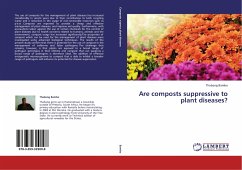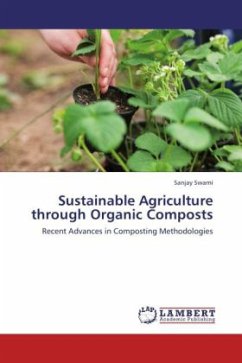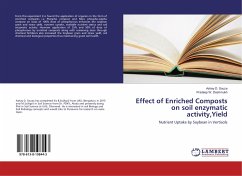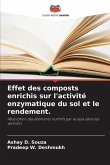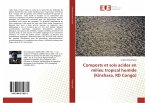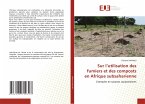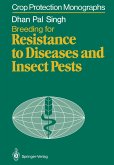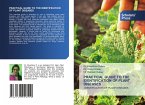The use of composts for the management of plant diseases has increased considerably in recent years due to their contribution to both recycling waste and a reduction in the usage of non-renewable resources such as peat. Composts are reported to provide a cheap and effective management of plant diseases, and improve soil quality. Furthermore, with precautions taken against the use of certain chemicals for the control of plant diseases due to health concerns related to humans, animals and the environment, compost usage has increased significantly.The properties of compost which can be used for the management of plant diseases were investigated using advanced biological techniques. The results of the present study confirm that there is potential for the use of compost in the management of soilborne and foliar pathogens. The challenge that remains, however, is that plants are exposed to a broad range of pathogen genotypes in their lifetime and compost that can suppress a broad range of pathogens is therefore ideal. The addition of effective antagonistic microorganisms to compost that is able to inhibit a broader range of pathogens will enhance its potential for disease suppression.
Hinweis: Dieser Artikel kann nur an eine deutsche Lieferadresse ausgeliefert werden.
Hinweis: Dieser Artikel kann nur an eine deutsche Lieferadresse ausgeliefert werden.

